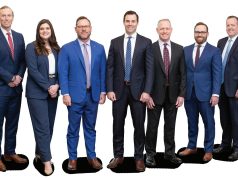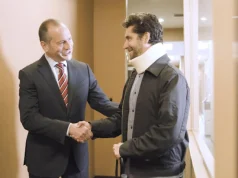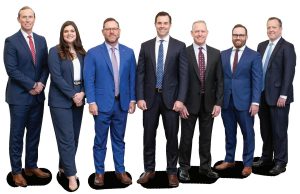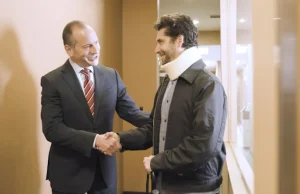
When someone’s health suddenly changes, life feels different. Moving through simple tasks becomes slow, and work starts slipping out of reach. Many people try to read a little, search a little, just to understand what options they have. Somewhere in that early search they might see a small prompt that says click here, and it gently pushes them toward information that feels safe enough to explore. Once they settle in, the topic does not look as frightening as it did at first.
What A Claim Usually Involves
Every claim begins with basic details. Medical papers, job history, symptoms, treatment stories, and even small notes about how daily life has changed. Reviewers look at all these pieces to understand how much the condition affects the applicant.
When the information is clear, the path moves without too many bumps. When things are missing, the reviewers pause, and the applicant feels stuck. Most people realise very quickly that being organised is not only helpful but necessary.
How Medical Evidence Strengthens Your Case
Medical information is the strongest part of any application. It does not need special language. It just needs to show the truth. Doctors who write their notes honestly and explain the limits of the condition help more than they realise.
A clear record paints a picture of how someone feels every day. Whether that is pain, tiredness, loss of movement, or difficulty thinking clearly. These details show reviewers that the person is not choosing to stop working. They are forced into a quieter life they did not expect.
Why Legal Assistance Makes The Journey Easier
People often try to do everything alone at first. But somewhere in the middle of the process, they begin to see how many steps are involved. A legal professional brings calm into that moment. They explain documents, help prepare forms, and guide people who feel unsure.
Having someone who knows the system lifts a lot of pressure. Even simple reassurance can help someone breathe easier while waiting for updates. It is not about winning fast. It is about walking through the process with fewer mistakes.
Steps That Often Lead To More Confident Applications
Some habits help people feel more prepared:
- Keeping medical notes updated
- Saving every new report
- Tracking changes in daily strength
- Talking openly with advisers
- Checking forms slowly and calmly
These steps are small, but they bring order during a stressful time. A quiet sense of control grows from them.
Near the end of their application, people often look for a little direction. They watch for updates, messages, or simple signs that tell them how to finish strong. Sometimes they see a soft reminder asking them to click here, and that nudge helps them reach the last steps without confusion. By then they understand far more than when they started, and that understanding brings them a little peace.







